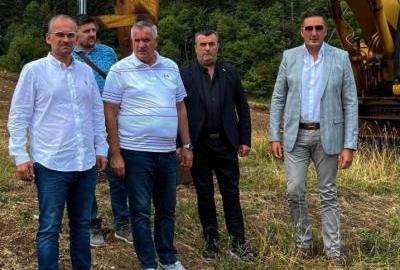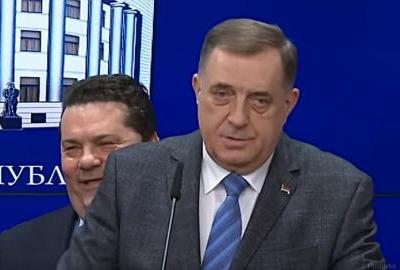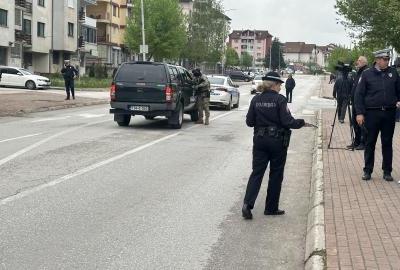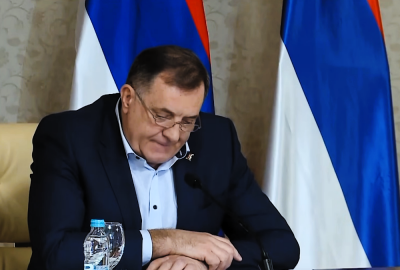Analiza
Dodik and Čović are continuing destruction of the country: Bosnia and Herzegovina is a powder keg on the Balkans under the control of Russia
Russia continues to support Milorad Dodik and his secessionist intentions, as it finds it quite convenient to keep the powder keg in the Balkans with the Russian pin in the lapel particularly due to the situation with Ukraine. It knows that he is no stranger to betraying his political mentors, but at this moment Russia is his only “safe house”...
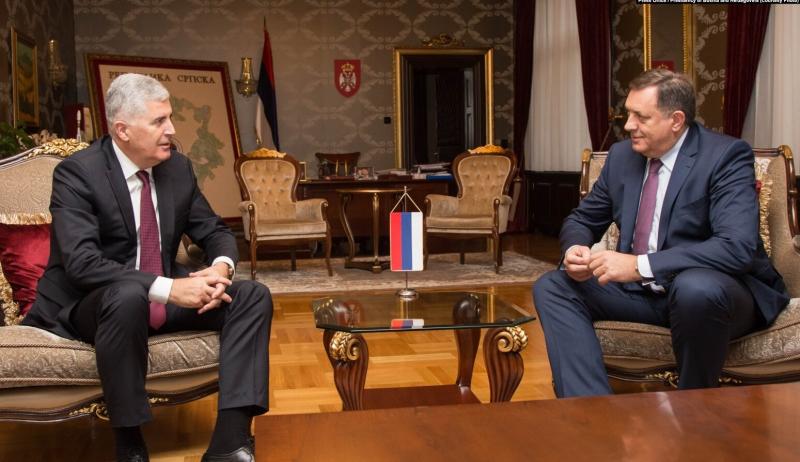
Russia has continued its years-long destructive engagement against Bosnia and Herzegovina in 2021. Through its ambassador Igor Kalabukhov, who attended the parade on the occasion of the Day of Republika Srpska in Banja Luka on January 9, Russia has shown that it does not respect the decisions of the Constitutional Court of BiH, which assessed marking of this day as unconstitutional.

This is most certainly not a matter of diplomatic oversight, but is in fact continuation of disregard for the state institutions, providing in parallel the support to the secessionist efforts of SNSD leader Milorad Dodik, who would like to separate this entity from BiH.
“Dodik is interesting to Moscow not only for his open pro-Russian policy, but also for his real capacity to generate probable crises. Unlike other (pro) Russian “players” in the region, only Dodik has the real capacity to “stir up” a real and serious crisis, if “needed”, and it is all done in line with the Dayton Agreement in whose creation Russia was partially involved. If nothing else, then in the preparatory phase, insisting that RS “must exist”, as part of the future state and legal infrastructure of BiH. By supporting Dodik and RS, Russia is, in fact, activating its “geopolitical shares”, which it had brought to BiH through the Dayton.”, said Faruk Kajtaz, journalist-analyst from Mostar for Žurnal.

Faruk Kajtaz
Furthermore, the move of Kalabukhov, who showed up on January 29, 2022 for the wreath laying ceremony at the monument to the Yugoslav partisans fallen during the Igman March in 1942, is cynical. The irony is that these partisans had fought against those who are wholeheartedly supported by Russia in Bosnia and Herzegovina today, false anti-fascists and real accomplices in numerous crimes. After all, Russia has not been a “proletarian nation” for a long time already.

Igor Kalbukhov
“The attention of the West has subdued, so Russia has skillfully occupied this empty space. As for BiH, a key moment occurred during the voting on the UN Security Council's Resolution on Srebrenica genocide a few years ago, when Russia openly sided with Belgrade and the RS entity and blocked the adoption of such an important international act. Since then it can be considered that Moscow is practically acting in agreement with Belgrade and Banja Luka in the region, which is certainly noticeable in the messages of Russian diplomatic representatives that almost perfectly align with the politics of Belgrade and Banja Luka,” explains Kajtaz.
These messages of Russian officials were never critical of the threat to Bosnia and Herzegovina's sovereignty.
“We have, of course, considered the situation in the Western Balkans, particularly related to the implementation of the Dayton Peace Agreement in Bosnia and Herzegovina. We have stressed that it is necessary to respect the main principles of this document, and these are primarily independence, territorial integrity, sovereignty of Bosnia and Herzegovina, equality of the three constituent peoples and broad authority of the two entities,” said Minister of Foreign Affairs Sergey Lavrov after meeting his colleague Bisera Turković in the last days of the past year.
It is possible that the Minister of Foreign Affairs of BiH, Bisera Turković, had once read the views of professor at the Sarajevo Faculty of Political Sciences, Dr. Nerzuk Ćurak, presented in Žurnal, and thus was thrilled after meeting Lavrov.
“I see no reason why Sarajevo should not show greater interest in cooperating with Moscow. It is detrimental that such actions create an impression amongst the public that Russia is "a story already told" and that no new parameters can be established there, and that the Belgrade-Moscow axis is known. It is as if the key principle of realpolitik is being forgotten, that only interests are eternal. We are very weak in these strategic considerations,” said Ćurak some ten years ago.
“The Presidency of BiH has consented to opening of the office of the Russian Embassy in Banja Luka. We also expect a decision on opening of cultural offices in Bosnia and Herzegovina. We concluded that the cooperation between the two countries is at a satisfactory level, but that improvement is needed. Russia is on the list of the largest investors in BiH and is an important energy partner for us. The BiH market is very small compared to the market of Russia and therefore the deficit is higher. We will find a way to increase exports from BiH to Russia, which would certainly help the economy”, presented Turković details of the meeting with the Russian colleague.
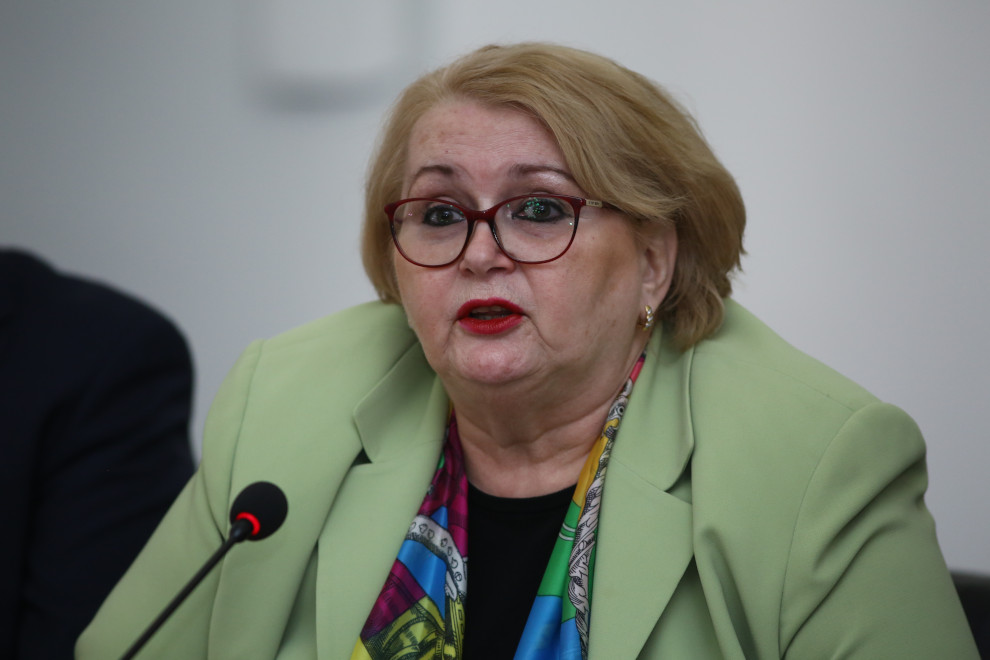
Bisera Turković
The portion of the statement on "opening of cultural offices in BiH" attracted special attention. The first reference coming to mind was the Russian-Serbian Humanitarian Center in Niš. This center, opened in 2012 near the Niš airport, has long been known as an informal Russian military base, and officially should serve as a place to provide assistance during natural disasters!?

“The Russians were constantly seeking diplomatic status for their staff while "waiting for a disaster", but Serbia is hesitant. The Russian-Serbian Humanitarian Center in Niš is undoubtedly a "military thing" and is the only case known in the world where a humanitarian organization of another country, as they say it is, has "settled" somewhere, waiting for a natural disaster. It is only 120 kilometers away from Bondsteel, the American military base in Uroševac (Kosovo), Niš has an airport and Russian “humanity” is aiming for that,” wrote Dragan Banjac, a journalist from Serbia.
Žurnal wrote about how members of “humanitarian” organization Srbska čast (Serbian honor) have been for years now practicing shooting at the camp in Niš. Former Commander-in-Chief of the US Ground Forces in Europe, General Frederick Ben Hodges, had made an open statement to Insider in 2016: “I don't believe it's a humanitarian center, it's a façade and it's not what it being presented.”
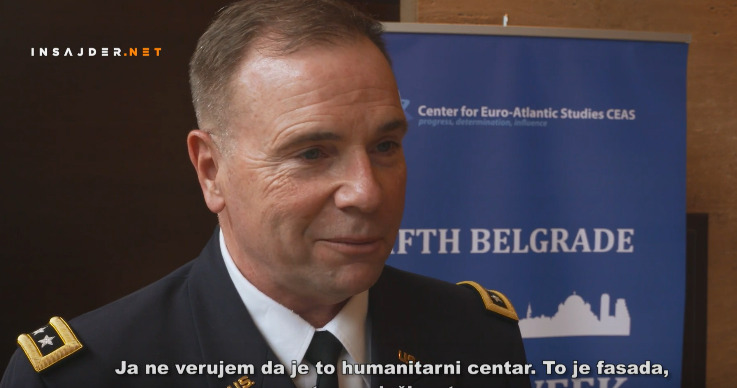
General Frederick Ben Hodges
The reaction of the Russian Embassy in Sarajevo followed, giving assurances that it was just opening of the Russian Cultural Center in Sarajevo and possibly of a branch in Banja Luka, intended for the development of cooperation in the field of culture and education.
“We should also underline that opening of a humanitarian center modeled after the Russian-Serbian Humanitarian Center in Niš (Republic of Serbia) was never discussed, as some media outlets present. As far as this institution itself is concerned, we are unfortunately still witnessing the repetition of unfounded theses about the nature of its operations, which have nothing to do with reality. Russia has repeatedly informed the public about the exclusively humanitarian nature of the RSHC's activities, whose obligation is to eliminate the consequences of natural disasters in the region, including BiH, which was clearly shown during the fires of 2012”, read the Embassy’s press release.
Russian Federation has entirely unveiled its role in this region by providing support to Milorad Dodik and Dragan Čović in the latest endeavors to destabilize Bosnia and Herzegovina. Of course, the President of Serbia, Aleksandar Vučić is doing a good portion of the “dirty work”. By essence, Dodik, Čović and Vučić are mere puppets to Russia that it uses to halt the NATO integration of BiH and its prosperity.

Dodik, Vučić, Čović
Experience has thought us that it is very difficult to believe Russian explanations just like that. Russia is not satisfied with Republika Srpska alone as its “backup strategic position”, so it added HDZ BiH, i.e. Dragan Čović, the author of the statement: “Unfortunately, there is very little Russian influence in BiH” into equation.
Čović, like Dodik, had then secured a photo shoot with the Russian President Vladimir Putin as a reward. He joined Dodik in the political blockade of Bosnia and Herzegovina.
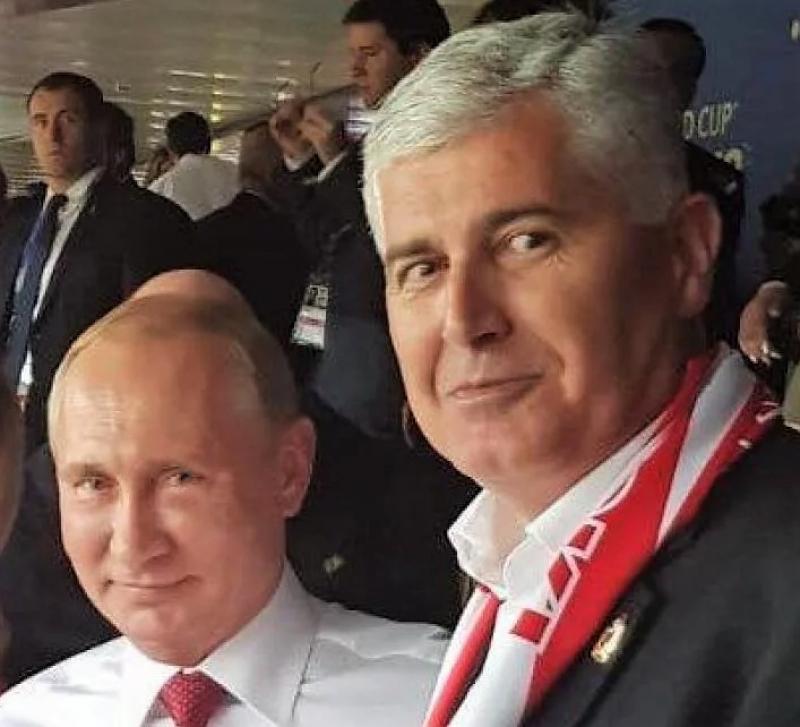
Vladimir Putin and Dragan Čović
“The level of agreement between Banja Luka and Mostar is strikingly high. All this has led to Moscow's clear support for this political and interest alliance, which is not limited to BiH, but is expanding to the neighboring countries, but also some of the Eastern European countries with mostly very right-wing options in power, which show understanding for the views of Russia and Putin. The latest evidence of such a coordinated policy are the statements of Croatian President Zoran Milanović, who declared Dodik "the most important partner", which was, as expected, roaringly approved by Moscow, but also by the right-wing political option in Croatia and a part of BiH.”, reminds journalist Faruk Kajtaz.
“Russia does not want to leave the Western Balkans alone, it must do everything to "rock" it, "drill" it, destabilize it. It cannot count on serious, effective and long-term destabilization of BiH if it exclusively relies on Dodik, and therefore Dragan Čović is unavoidable. I could, I think quite convincingly and argumentatively, talk about the genesis and history of Čović's relations with Russia (as well as Serbia), but we have no room for that here. The European Union, Europeanism, Western values, are in Čović's case, verbal smokescreens, which are increasingly unsuccessfully hiding their authoritarian intent, based on the protector of all authoritarian, rigid rulers in the world - Vladimir Putin. The assistance for this is found in the former communist and UDBA network in Herzegovina, but even more so in Serbia and Croatia with its traditional, uninterrupted connections with sister services in Russia and China.”, doyen of the BiH journalism Senad Avdić, shared similar views in his interview for the portal Nomad.

Senad Avdić
Russia has used numerous methods to exert its influence in Bosnia and Herzegovina. Bosnia and Herzegovina is completely dependent on gas import from Russia. Strong influence is exerted in the sectors related to oil production, refining and distribution. This method of "capturing the state" was realized not only with the help of Russian state capital, but largely through Russian oligarchs and their connections with local politicians, primarily with Dodik and Čović, which was covered by Žurnal earlier.
Attempts of Russian influence have been observed in almost every segment, starting with electoral and judicial system, all the way to intelligence and police agencies. “Soft methods” of influence were used in parallel through various humanitarian organizations, associations that promote cooperation with Russia in sectors of culture or education. There are numerous non-government organizations and media that glorify Russia and its politics. Their common denominator is the fact that they rely on the Serbian Orthodox Church and Orthodoxy as a link with Russia.
“The main channel of Russian influence in the Balkans - even the cultural one - is the Serbian Orthodox Church. The main one, but not the only one. Russia's network is quite wide and well-branched, consisting of media outlets, corrupt politicians, analysts, NGOs and, finally, useful idiots. Russian policy - even cultural one - in the Balkans is primarily destructive. It offers no new value. Instead, it ignites nostalgia of “past, better times” when, allegedly “there was order”. It is authoritarian, congregational and imperial, and combines Stalinist and nationalist elements. In its interpretation, which is easily and naturally accepted by the local nationalist and clerical elites - not only Orthodox, but also “hard” Catholic ones - the West and its culture are a collection of evils and transgressions of God's commandments and traditional moral”, concluded journalist and novelist Andrej Nikolaidis for Žurnal.
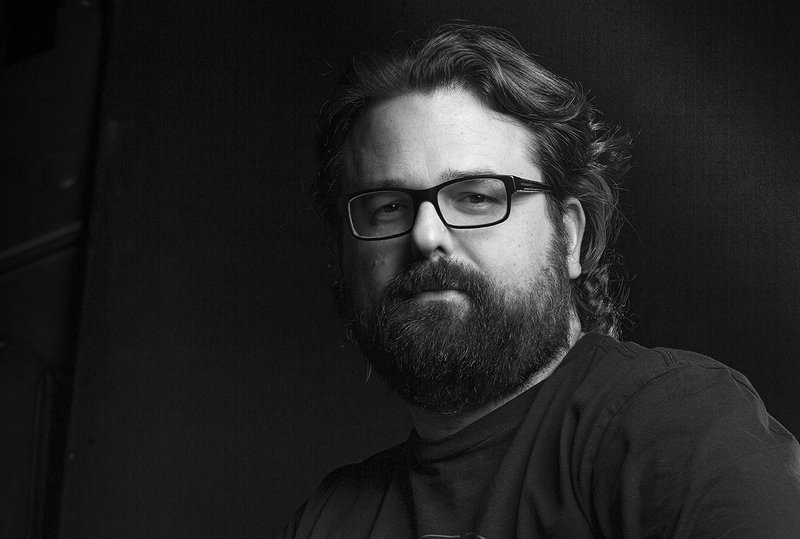
Andrej Nikolaidis
Russia continues to support Milorad Dodik and his secessionist intentions, as it finds it quite convenient to keep the powder keg in the Balkans with the Russian pin in the lapel particularly due to situation with Ukraine. It knows that he is no stranger to betraying his political mentors, but at this moment Russia is his only “safe house” if he is to “escape” one day.
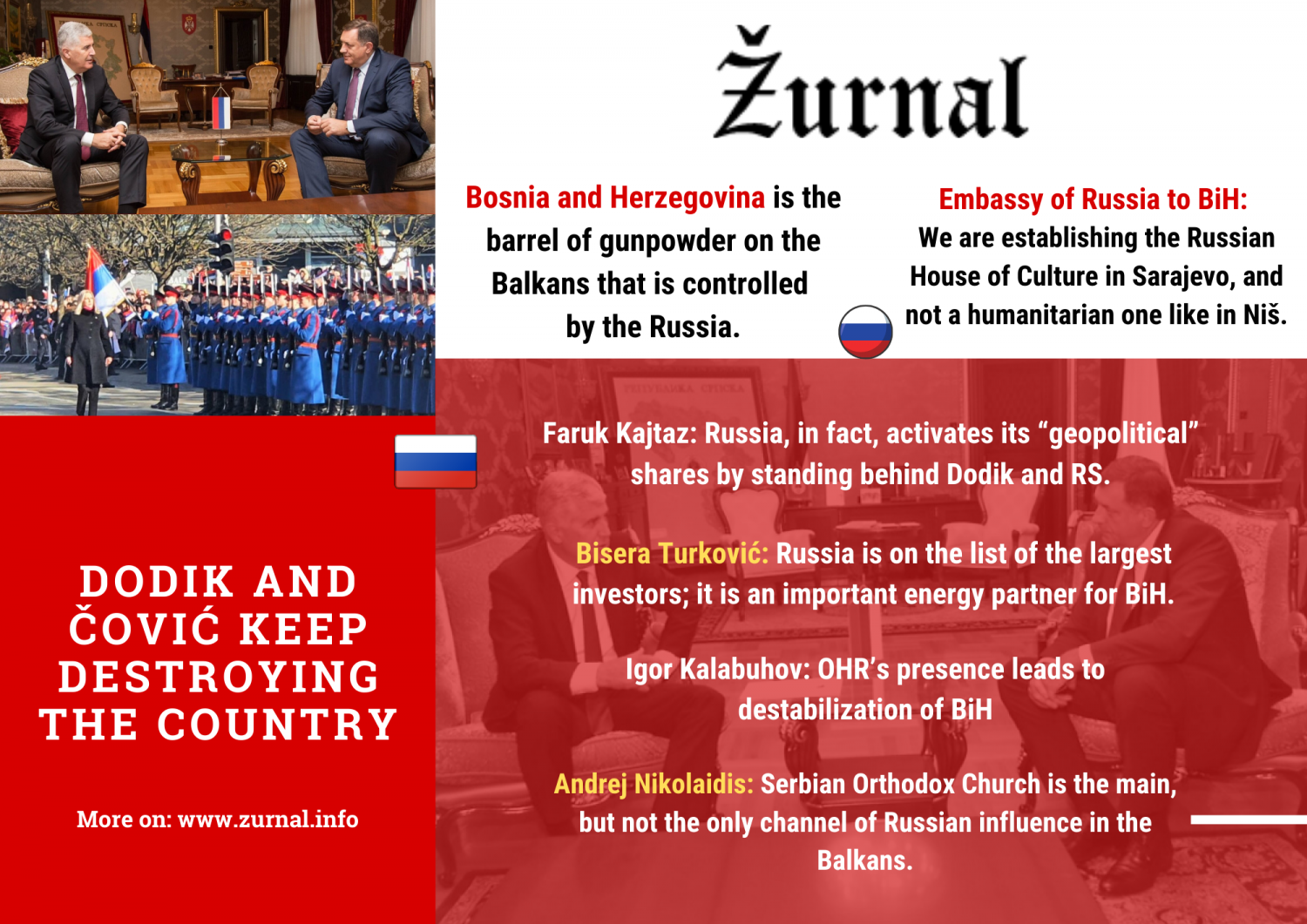
(zurnal.info)





